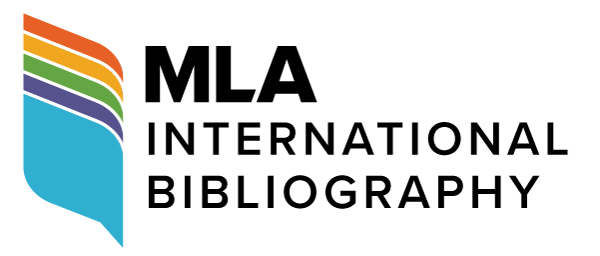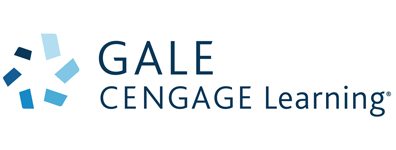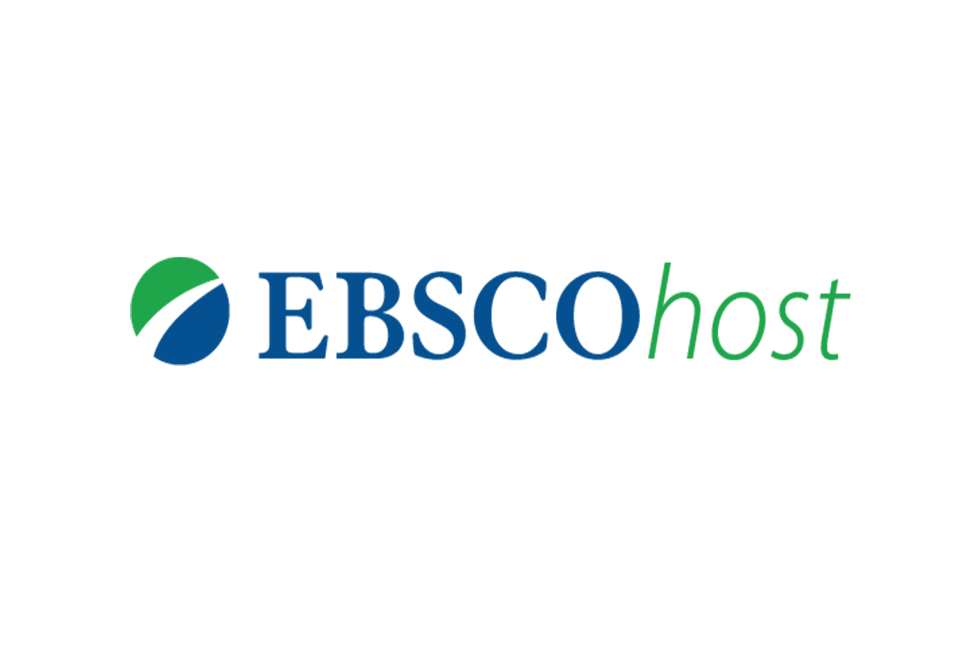2790-9441







MLA International Bibliography
MLA Directory of Periodicals
ProQuest
ICI World of Journals
Index Copernicus
CrossRef
Google Scholar
Gale-Cengage
ROAD
OpenAIRE
ORE Directory
J-Gate
BASE
TESOL Communications (TC) is a fully peer-reviewed international journal published by Clifford Media International. It publishes two issues in a year.
TC is an Open Access journal and all published papers are licensed under the Creative Commons Attribution License 4.0. Users have the right to read, download, copy, distribute, print, search, or link to the full texts of articles in this journal, or to use them for any other lawful purpose. Authors retain copyrights and full publishing rights without restrictions. There are no article processing charges or submission charges applicable to authors.
TC publishes both original empirical research and systematic review studies on teaching and learning English as a second and foreign language at all education levels. It is broadly concerned with linguistics applied to education and publishes a range of article types on the topic of language and education.
Full-length Research Articles (7000-9000 words including abstract and reference)
A carefully designed complete project is reported with quantitative and/or qualitative original data. Articles should also provide implications for language teaching and learning in international contexts. Submissions in this category should generally follow the overall structure of IMRD, namely introduction, literature review, methodology, results, discussions, and conclusion. Within the text, keep tables and figures at a minimum. Please indicate the number of words at submission.
Brief Reports (5000-7000 words including abstract and reference)
This section is designed to present original data from a larger project or work in progress. Apart from length, other requirements are the same as those for Full-length Research Articles. Please indicate the number of words at submission. Longer articles do not appear in this section and should be submitted to the Full-length Research Articles section.
Review Articles (5000-7000 words including abstract and reference)
These articles address practical strategies, techniques, approaches, and methods from a theoretical or conceptual perspective and provide clear and concise analysis, critique, and discussion of chosen topics. They shall include summaries of the key research findings, critical overviews of the area of inquiry, and future research and/or pedagogical directions.
Evidence-Based Teaching Practice (5000-7000 words, including abstract and reference)
TC invites contributions focussing on innovations in classroom practice. The idea is to share and promote good practices in language teaching. Contributions should follow the following guidelines:
a)statement of the teaching context: provide a short introduction to the national, institutional, and classroom context where the innovative practices developed. This could include information about the national/institutional language education policy, the course, learners’ profile, and any other relevant information.
b) rationale for the innovation: what are the practical motivations behind the changes in practice? What problems or issues did they seek to address? How are these changes supported by related theory or research?
c) description of the innovation: Describe the innovation and its effects. Relevant teaching materials or documents can appear in the Appendix. Effects can be supported by observational and experiment data.
d) reflection: Reflect on and critically evaluate the innovation. Specifically discuss what can be learned from the process of development and the innovation, and what can be done differently in the future to improve the innovative practices and/or to overcome any potential or already identified challenges?
Interviews with Experts (5000-7000 words)
This section features an interview with an established scholar in the field of TESOL, applied linguistics, and/or language education. Building upon an expert’s life and education experience and research trajectories, the interview aims to provide a more personal glimpse of their views in their areas of expertise.